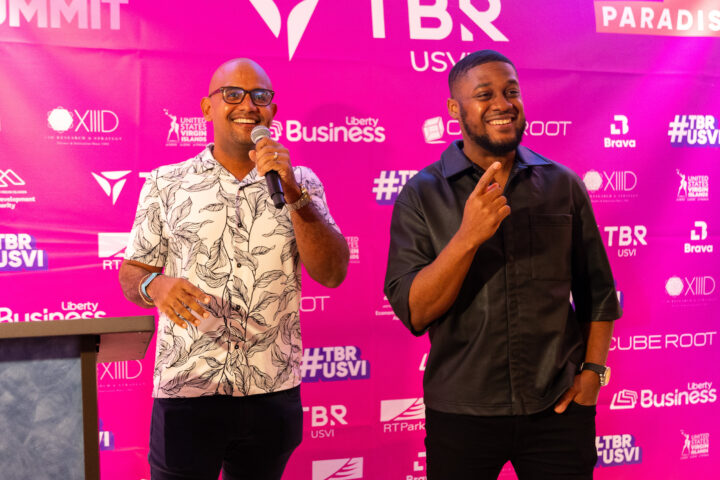“Entrepreneurs are among the most overlooked assets for community change in rural areas nationwide,” says Dr. Michael W-P Fortunato, professor, author, and director of the Center for Rural Studies at Sam Houston State University in Texas (US), in his article, “Rural Entrepreneurship Matters, but Why?”.
Pulling data from 2014, Dr. Fortunato regarded the types of startup businesses and concluded that startups common in rural areas regularly have lower failure rates than the more high-tech startups common in urban areas:
4-year survival rate of startups typically associated with rural areas:
- 56% in agriculture
- 55% in services
- 54% in wholesale
- 51% in mining
- 49% in manufacturing
4-year survival rate of startups usually associated with urban “growth” industry areas:
- 56-58% in education, healthcare, finance, insurance, and real estate
- 45% in transportation, communication, and utilities
- 37% in information
Dr. Fortunato goes on to say that rural entrepreneurs differ socially in that they know their smaller communities better, thus making direct connections to their needs, using regional talent, and innovating with a sense of commitment to their neighbors.
As a follow up to his research on the rural entrepreneur ecosystem, “Toward Entrepreneurial Community Development” was published this year with a focus on demonstrating how local and regional societies can use actionable leadership strategies and techniques to create effective entrepreneurial micro-ecosystems in cultures different from Silicon Valley.
Research on startup failure by Dr. Scott Shane, Professor of Entrepreneurial Studies at Case Western Reserve University in Ohio, corresponds with Dr. Fortunato’s points on failure rates.
Dr. Shane’s “The Illusions of Entrepreneurship” book says that startups launched during the 1992 recession in the US had a 45% survival rate after five years and almost a 30% survival rate after ten years. His research busts the entrepreneurship myth that 8-9 out of 10 new businesses fail within five years.
One strategy for enhancing the startup ecosystems in the Midwest was the creation of the incubator Northwest Ohio Cooperative Kitchen (NOCK) in Bowling Green, OH. The kitchen is a collaboration between the Center for Innovative Food Technology and the Agricultural Incubator Foundation. The expense of accessing a small-scale commercial kitchen is a common cost barrier, so the nonprofit commercial kitchen was designed to assist entrepreneurs with new and growing human food projects. Additionally, the group offers networking opportunities and technical assistance.
Then just this month, The Ohio Development Services Agency (DSA) selected the Youngstown Business Incubator (YBI) to help new and growing startups that are small, minority-owned, and socially and economically disadvantaged businesses.
Founded in 1998, YBI is known in OH for training workshops, competitions, and educational opportunities for tech entrepreneurs, with their unique position of managed clusters in software and additive manufacturing.
According to a press release, the specific startup program being added will offer no-cost counseling, state certification support, and training focused on creating jobs and increasing sales. Their CEO, Barbara Ewing, is an Ohio native who has focused all her work experiences on community development projects with entrepreneurs.
Regarding the new program, Ewing said, “YBI is excited to have this opportunity to leverage our expertise in working with technology based businesses and expand our footprint to serve a larger part of the community.”
Founded in 2016 in the town of Fishers, Indiana (home to about 86,00), Vibenomics (previously known as Fuzic) is a marketing tech platform that provides custom audio advertising and licensed music for location-based businesses. In a press release, Vibenomics announced plans to expand its operations in Fishers. They are investing $3.66 million in a new 11,736-square-foot office for move-in January 2018 and tripling their team by creating up to 255 new, high-wage jobs by 2020.
All of this startup growth originated from an idea that founder and CEO Brent Oakley had for marketing to customers at his central Indiana-area Prime Car Wash locations with customized audio marketing messages that are recorded and mixed with a custom music playlist.
Fishers’ Mayor, Scott Fadness said, “Fuzic’s (Vibenomics’) exponential growth is a testament to their drive and the unique innovation ecosystem we’ve built here. It’s exciting to see the momentum continue to grow as we move Fishers forward as a smart, vibrant, and entrepreneurial city.”
The ecosystem Mayor Fadness is referring to includes how Vibenomics’ job creation plans earned them an offer from The Indiana Economic Development Corporation for up to $3,355,000 in conditional tax credits and up to $145,000 in training grants. These incentives are performance-based for hiring Hoosiers.
In the rural AgTech ecosystem, innovation and technology are needed to help new and expanding agricultural businesses that have workers who are aging, injured, chronic condition, or disabled.
The start of Ohio State University Extension’s Ohio AgrAbility program offers free on-site assessments to help determine what assistive technology might help. Technology and strategies can aid these workers with preventing secondary injuries and offer opportunities for people who otherwise would not have the chance to become or grow as an agripreneur.









